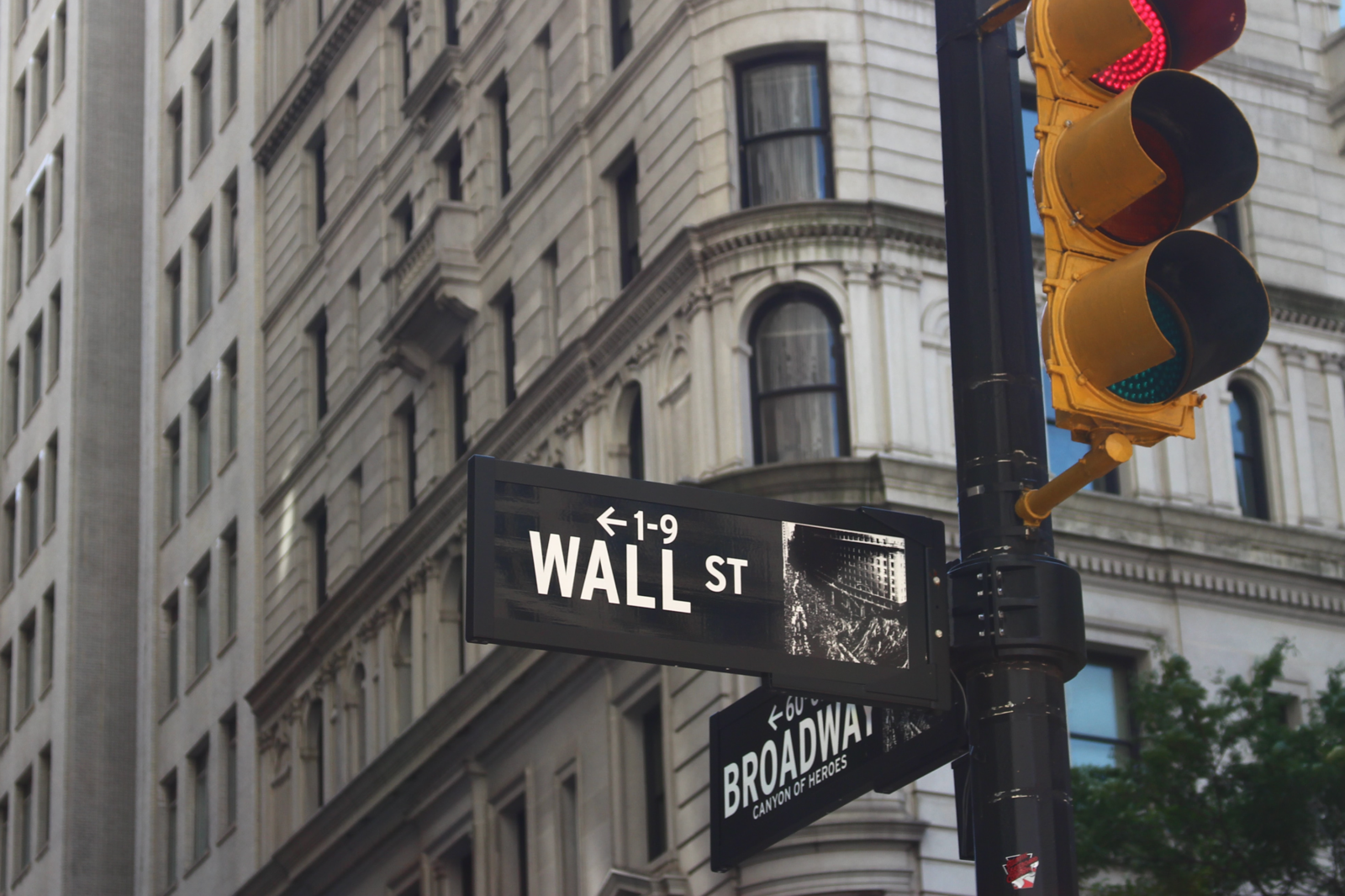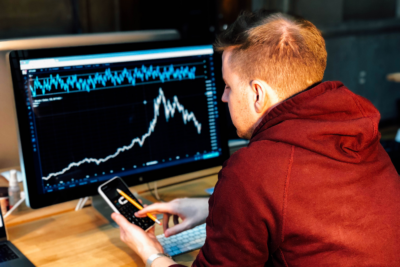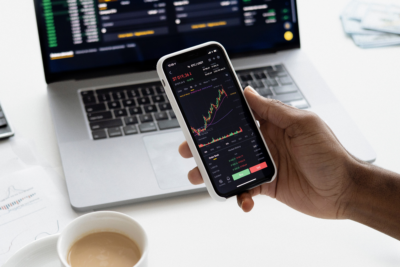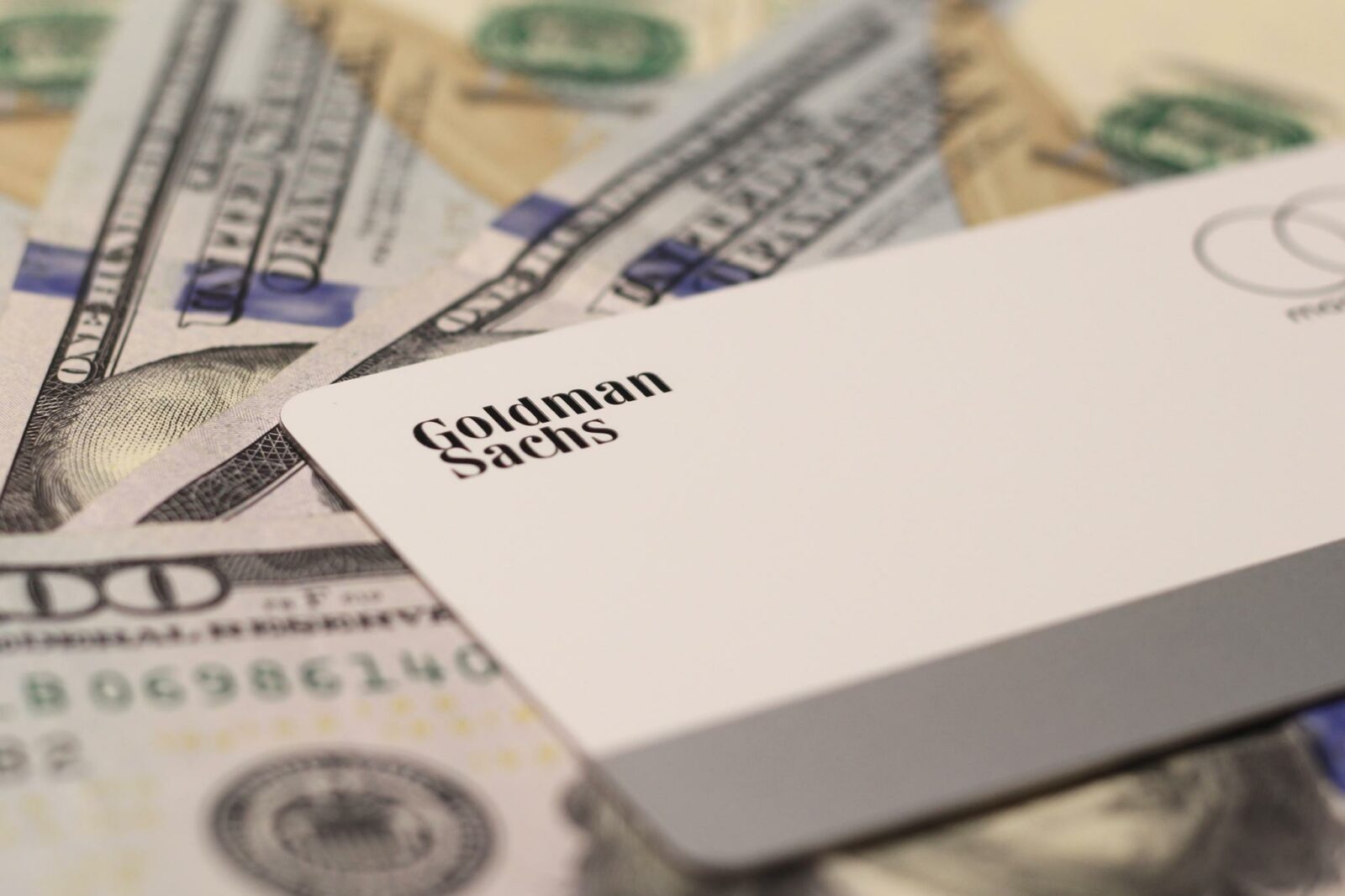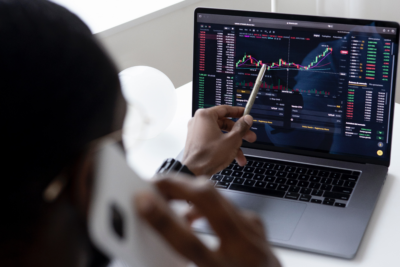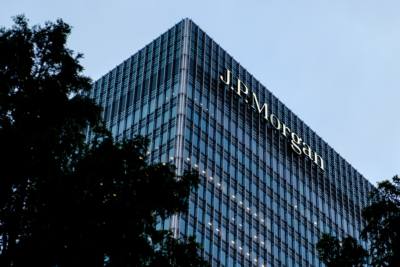Finance
-
EY Rejects TPG’s Bid For its Consulting Business

(Photo by Michael Coghlan under CC BY-SA 2.0)
Get More Than News. Get Insights.
Our daily email brings you smart and engaging news and analysis on the biggest stories in business and finance. For free.
-
Too Many Regional Banks Are Looking a Lot Like SVB

(Photo Credit: Roberto Júnior/Unsplash)
-
High Inflation is Hitting Americans’ Retirement Optimism

(Photo by Towfiqu barbhuiya via Unsplash)
-
Goldman Sachs’ Profit Plunge Confirms a Woeful Consumer Strategy

(Photo by Connor Lin/The Daily Upside)




